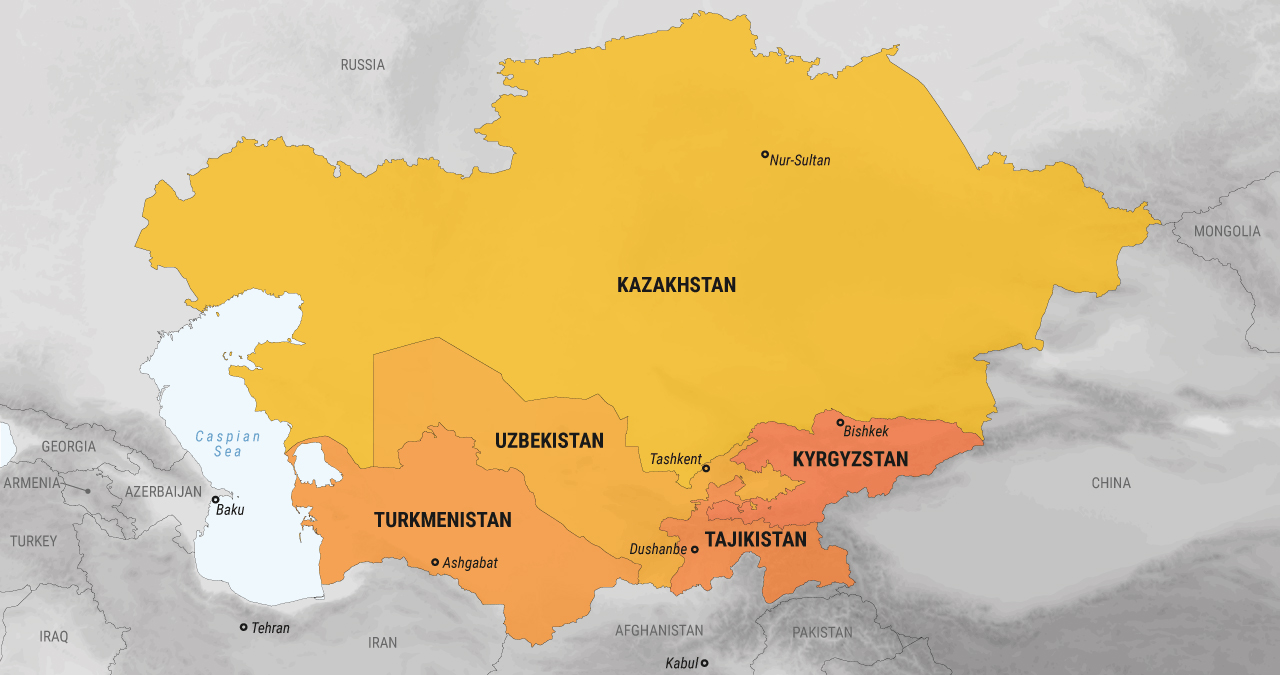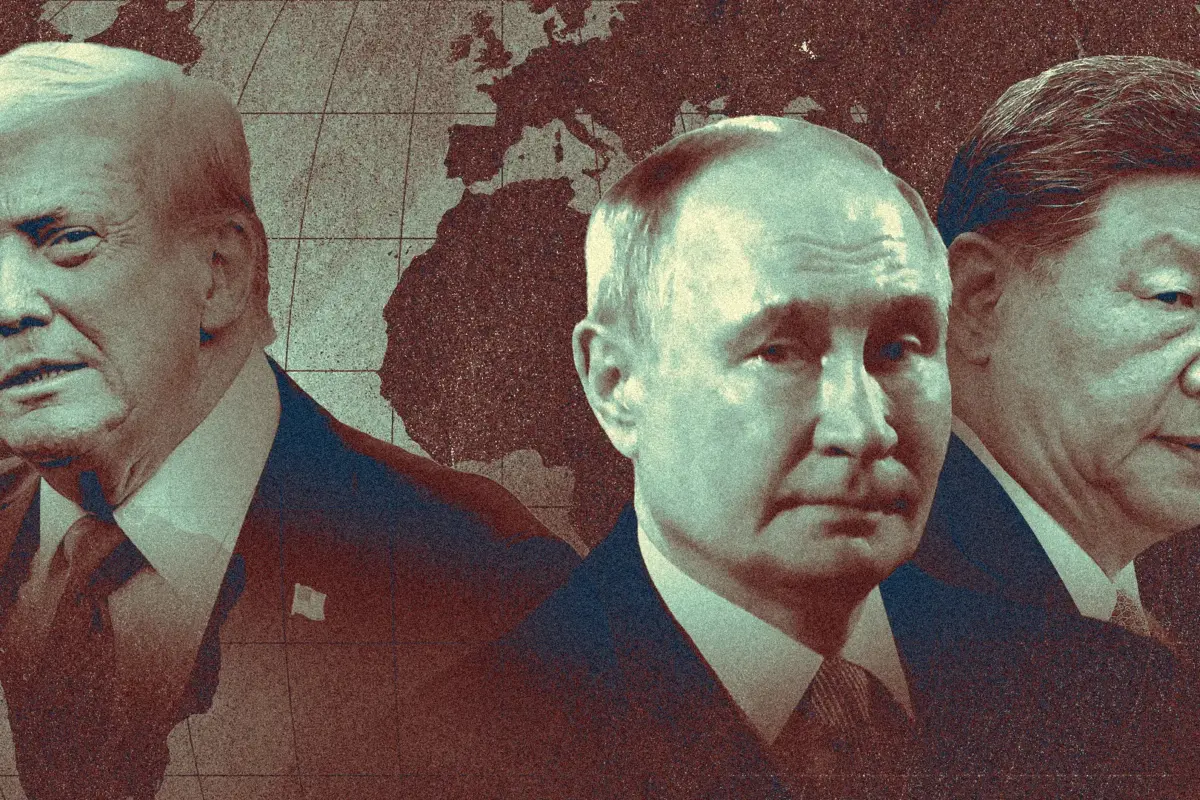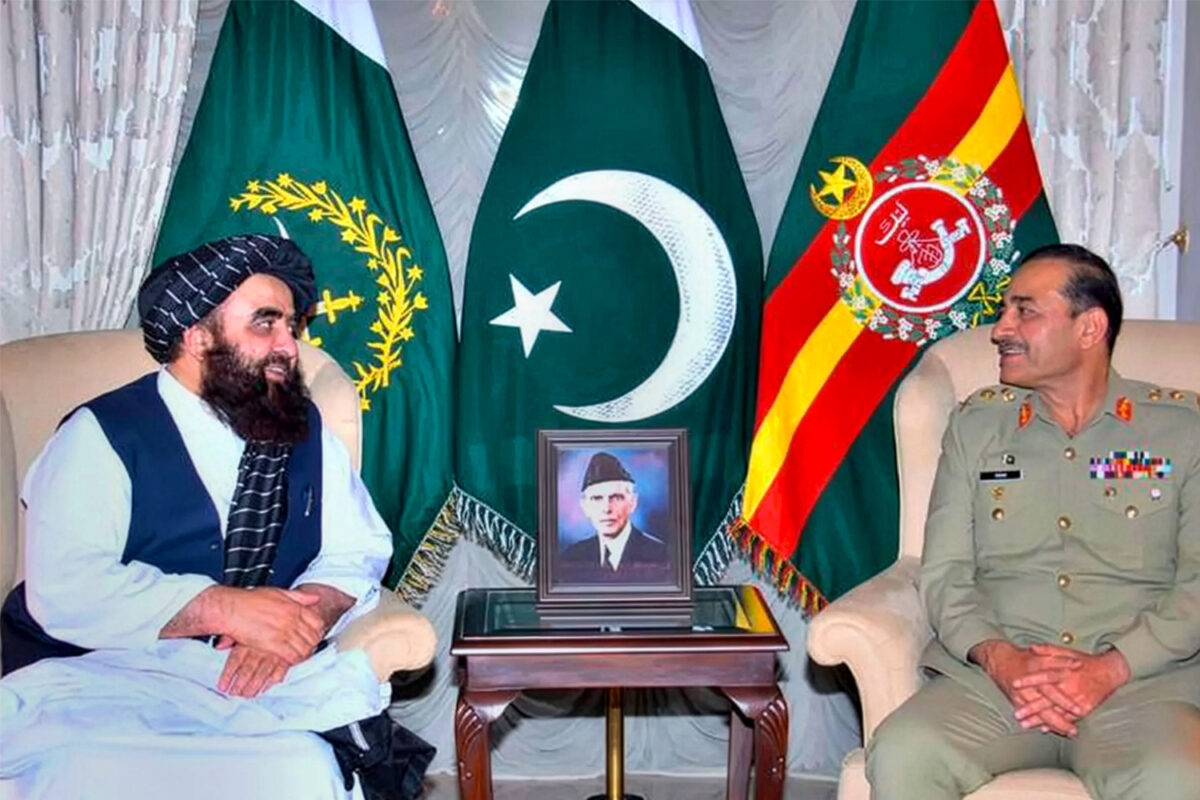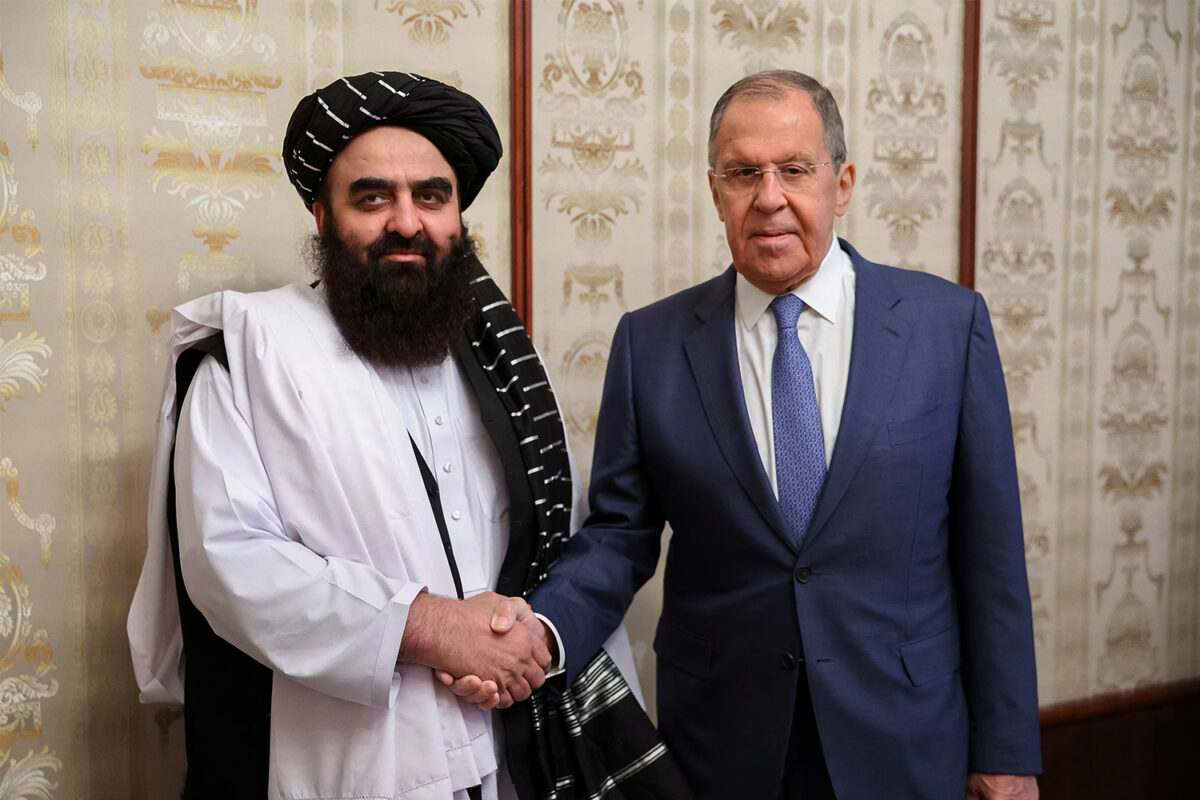One year has passed since the eruption of the war in Ukraine, and the conflict’s geopolitical consequences continue to reverberate across Eurasia. With the West striving to isolate Russia, Moscow seeks to consolidate its influence in Central Asia, a critical region that offers strategic depth and potential allies. In this context, US Secretary of State Antony Blinken’s visit to Central Asia on the first anniversary of the war underscores the region’s importance for both Russia and the West.
In its 2020 report entitled “United States Strategy for Central Asia 2019-2025”, the State Department reiterated that “The United States is committed to working with our partners in the region to build a more stable, secure, and prosperous Central Asia” [1]. Since then Washington’s interest in the region and its desire to counterbalance Russian influence has only grown. On the other hand, Russia has historically maintained close relations with Central Asian states, given the shared Soviet past and continued economic, political, and security ties. Central Asian countries like Kazakhstan, Uzbekistan, Kyrgyzstan, Tajikistan, and Turkmenistan are members of the Commonwealth of Independent States (CIS), a regional organisation with Russia playing a leading role.
To assess whether Russia can rely on Central Asian states amid its ongoing war with Ukraine, we must examine the individual responses of each nation to the conflict and consider the implications of their choices from both Russian and Central Asian perspectives.
Kazakhstan: A Reluctant Ally?
Kazakhstan, the largest and most economically influential Central Asian state, has displayed a cautious response to Russia’s actions in Ukraine. While the Kazakh government abstained from the United Nations vote condemning Russia’s invasion [2], it has not overtly supported Moscow’s actions either. Director of the Institute for European, Russian and Eurasian Studies at George Washington University, Marlène Laruelle, stated that “Kazakhstan has been particularly cautious in its official statements, trying to avoid taking sides, and emphasising the importance of dialogue and negotiations” [3].
Kazakhstan’s reluctance to align fully with Russia can be attributed to its diverse demographics and strategic interests. Increased engagement with China and efforts to attract foreign investments towards the establishment of a more diversified economy have made it cautious about aligning too closely with any major power. However, with a sizeable Russian minority and close economic ties with Moscow, the Kazakh government is wary of upsetting its powerful northern neighbour.
Uzbekistan: Balancing Act
Uzbekistan, the most populous Central Asian state, has historically maintained a more independent foreign policy than its neighbours. Following Russia’s invasion of Ukraine, Uzbekistan abstained from the UN vote condemning Russia’s actions [2]. This choice reflects Tashkent’s balancing act between Russia and the West, as Uzbekistan relies on Moscow for military equipment and support while also seeking to enhance its ties with Washington.
Temur Umarov, an analyst at the Carnegie Moscow Center who specialises in Central Asia and the South Caucasus, observes, “Uzbekistan is pursuing a multi-vector foreign policy, which means it seeks to maintain good relations with all the major powers, including Russia, China, and the United States” [4]. Though Tashkent is investing in the development of its renewable energy sector and has been seeking partnerships with Western and Asian countries in this regard, her position on the Ukraine conflict is unlikely to shift drastically in favour of either side.
Kyrgyzstan and Tajikistan: Economic Dependence
Kyrgyzstan and Tajikistan, two smaller Central Asian states, are economically reliant on Russia. As remittance-dependent countries, both nations have significant numbers of citizens working in Russia, and their economies are heavily influenced by Moscow’s financial assistance.
As a likely consequence of this dependence, both Kyrgyzstan and Tajikistan abstained from the UN vote condemning Russia’s invasion of Ukraine [2]. While these countries maintain close ties with Moscow, they are not willing to openly support Russia’s actions in Ukraine, possibly due to concerns over their international image and potential repercussions from the West. Additionally, both countries are interested in maintaining a certain level of autonomy and diversifying their economic ties, including engagement with China, Turkey, and Iran.
Turkmenistan: A Neutral Stance
Turkmenistan, a resource-rich Central Asian state with vast natural gas reserves, has long pursued a policy of neutrality in international affairs. As a result, the country did not participate in the UN vote condemning Russia’s actions in Ukraine [2]. Turkmenistan’s neutral stance is consistent with its desire to maintain good relations with both Moscow and the West, as well as to protect its economic interests.
In recent years, Turkmenistan has sought to diversify its energy export routes, engaging with both Russia and China, while also exploring potential partnerships with the European Union. As Senior Lecturer in Central Asian Studies at the University of Glasgow Luca Anceschi explains, “Turkmenistan’s foreign policy is driven by its desire to maximise its energy revenues, and this requires maintaining a careful balance between different international actors” [5]. Given its traditional neutrality and focus on economic interests, it is unlikely that Turkmenistan will openly support Russia in the Ukraine conflict, despite maintaining strong ties with Moscow.
Furthermore, Turkmenistan’s potential for developing its renewable energy resources, such as solar and wind power, may provide additional opportunities for the country to engage with Western and Asian partners, further underscoring its commitment to a neutral stance.
Balancing Interests: Trade, Security, and Regional Cooperation
The Central Asian countries’ reluctance to openly support Russia’s actions in Ukraine is also influenced by their concerns about the potential implications for their relations with the European Union. The EU is a significant trade partner and a source of foreign direct investment (FDI) for these nations, and supporting Russia could have negative consequences for their economies and diplomatic relations [6].
The Russian military presence in Tajikistan and Kyrgyzstan plays a crucial role in safeguarding these countries against a range of threats, including drug trafficking and the spillover effects of instability from Afghanistan. Additionally, Russian forces contribute to addressing issues like internal unrest, regional disputes, and potential external aggression, thus ensuring a level of stability and order in the Central Asian region that is critical for their political and economic development [7].
The Ukraine crisis has prompted some Central Asian states to deepen their cooperation with one another, in an effort to enhance regional stability and reduce their dependence on external powers, including Russia. For example, Kazakhstan, Uzbekistan, and Tajikistan have been working on joint projects in areas such as energy, transport, and water management. This increased regional cooperation could further complicate Russia’s efforts to maintain its influence over the region [8].
Central Asia’s reluctance to openly back Russia’s actions in Ukraine highlights the limits of Moscow’s influence, shaped by concerns over relations with the EU and security provided by Russia’s military presence. The Ukraine crisis has also prompted regional cooperation among Central Asian states, potentially complicating Russia’s efforts to maintain its sway in the region. As the geopolitical landscape evolves, Central Asia’s balancing act will continue to shape its engagement with Russia, the European Union, and the United States, reflecting the region’s strategic interests in diversifying its international partnerships.
[1] U.S. Department of State. (2019, February). United States Strategy for Central Asia 2019-2025: Advancing Sovereignty and Economic Prosperity. https://www.state.gov/united-states-strategy-for-central-asia-2019-2025-advancing-sovereignty-and-economic-prosperity/
[2] United Nations. (2023, February). UN General Assembly Vote on Ukraine. https://news.un.org/en/story/2023/02/1133847
[3] Laruelle, M. (2023, February). War in Ukraine: Pushing Central Asia Away from Russia? Carnegie Endowment for International Peace. https://carnegieendowment.org/politika/88698
[4] Umarov, T. (2023, March). Central Asia’s Response to the Ukraine Conflict: Balancing Act or Turning Point? Lowy Institute. https://www.lowyinstitute.org/the-interpreter/war-ukraine-pushing-central-asia-away-russia
[5] Anceschi, L. (2022, September). Turkmenistan’s Foreign Policy: Balancing Act Between Russia and the West.
[6] European Commission. (2021, October). Central Asia: Trade and Investment Relations. https://ec.europa.eu/trade/policy/countries-and-regions/regions/central-asia/
[7] Emre, A. (2017, November). The Importance of Russian Military Presence in Central Asia for Russia’s Regional Security. The Academic Elegance.
https://dergipark.org.tr/tr/download/article-file/394579
[8] Yuldashev, A. (2022). Central Asian Regional Cooperation Genealogy and Main Problems: Lessons from European Experience. Eurasian Journal of Academic Research. https://in-academy.uz/index.php/ejar/article/view/6756





